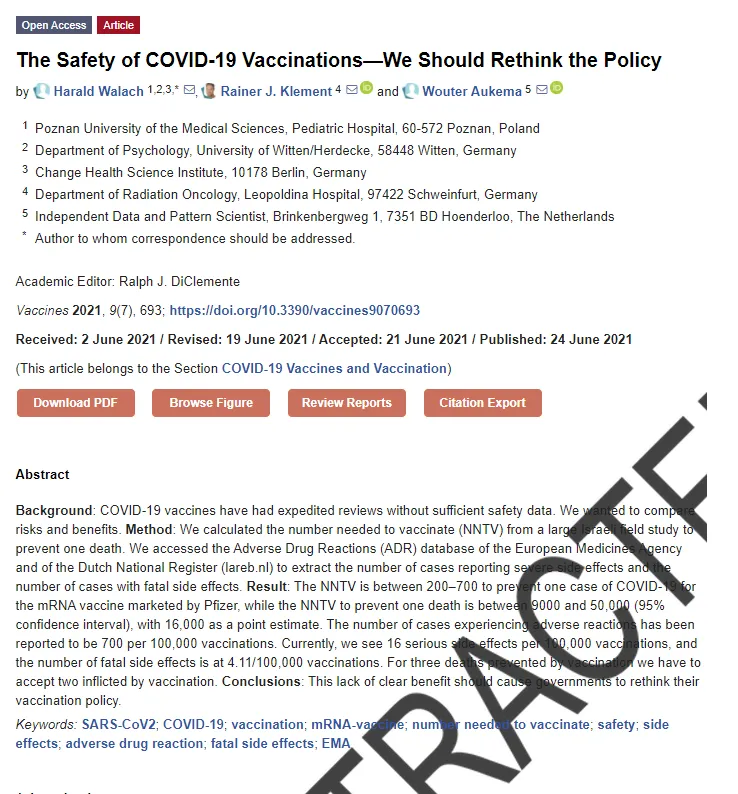Misinformation awareness goes mainstream
Craig Shearer - 5th July 2021
This past week saw the release of a report on misinformation, on research conducted by the Classification Office Te Mana Whakaatu. The Classification Office is traditionally responsible for classifying media, such as films and assessing whether material may need to be restricted.
While we’d like to see some way of reducing the impact of misinformation this is a difficult proposition for the Classification Office. From their report:
“The Classification Office cannot restrict or ban content on the basis of fairness, balance or accuracy. However we do have a mandate to restrict material that could encourage behaviour that poses a risk of self-harm or harm to others, and material that promotes criminal, terrorist or violent acts.”
It’s unfortunate that misinformation has to rise to the level of encouraging criminal, terrorist or violent acts for action to be taken. As skeptics, we know that misinformation has insidious effects that don’t rise to that threshold. There’s plenty of documented harm in believing silly things.
The report does highlight that there are widespread concerns about misinformation and that the internet plays a key role in its spread. And people are concerned and think something should be done. But it’s a difficult one, especially when commercial enterprises (such as social media companies) and their profit motive conflicts with our interests.
My belief is that the only solution to misinformation is better education in critical thinking and how to spot misinformation. In short - skepticism needs to be taught. But, maybe more awareness of misinformation by the general public will have an effect in making people more wary.
